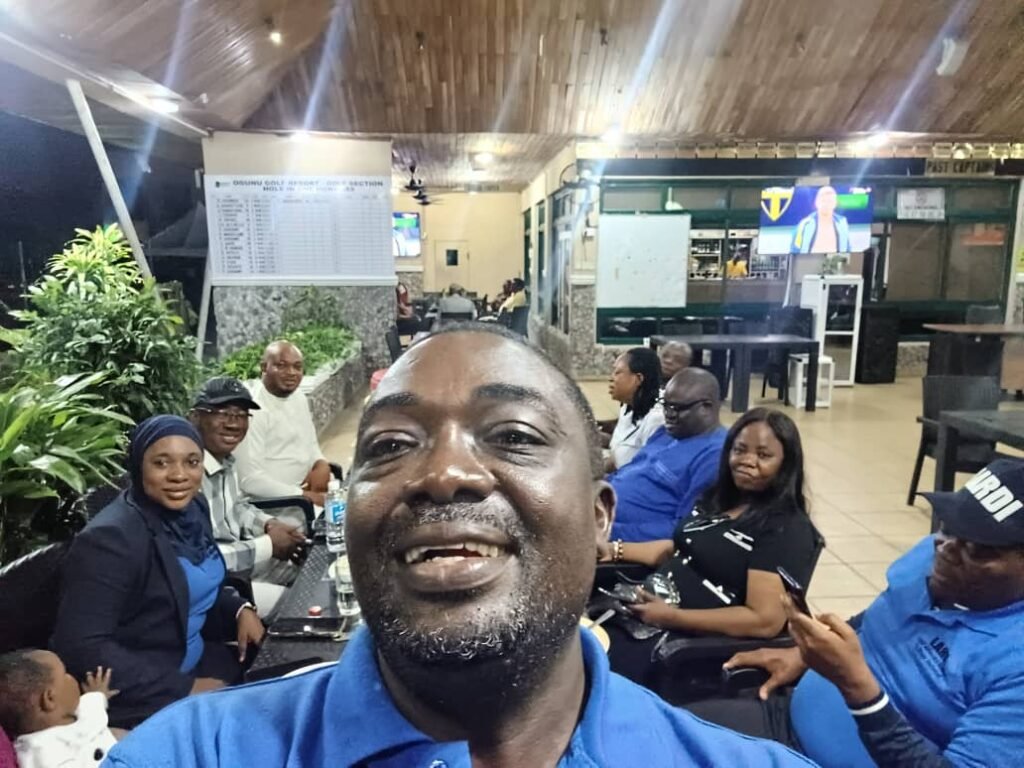Introduction
At the Safeguard Humanity Foundation (SHUF), the concept of shared resources is central to our collaborative efforts aimed at fostering community empowerment and social change. But what exactly do we mean by “resources”?
Resources can be defined as the tools, assets, or support that organizations leverage to achieve their goals and fulfill their missions. This includes a variety of tangible and intangible elements such as financial capital, knowledge, expertise, human resources, networks, materials, and logistical support. When these resources are shared among partners, they create a powerful symbiotic relationship that amplifies impact and enhances the effectiveness of initiatives.
Shared resources not only allow organizations to pool their strengths and capabilities but also foster an environment of collaboration that is critical for addressing complex social issues. By harnessing the unique contributions of each partner, we can create comprehensive solutions that are sustainable and responsive to the needs of the communities we serve.
Through initiatives that involve training, advocacy, outreach, and more, SHUF leverages shared resources with its partners to expand reach, increase awareness, and provide essential services. This kind of cooperative approach exemplifies our belief that together, we can achieve greater results than through individual efforts alone.
Resource Sharing
At the Safeguard Humanity Foundation (SHUF), we recognize that effective collaboration with our partners is essential for maximizing our impact and achieving our mission of empowering individuals and communities. One of the foremost benefits of our partnerships is the ability to share resources—both tangible and intangible—that enhance our collective ability to address pressing social issues. This concept of shared resources encompasses the pooling of knowledge, expertise, finances, networks, and logistical support across multiple organizations, all aimed at creating substantial and sustainable change.
Types of Shared Resources
1. Knowledge and Expertise:
Training and Workshops: SHUF collaborates with partners like Alpha Institutes to develop training programs tailored to community needs. These workshops cover various topics, such as vocational skills, health education, and advocacy strategies, allowing both organizations to leverage their expertise for effective community capacity building.
Best Practices and Research: Our partners contribute valuable insights and research findings that inform program development. For example, LARDI shares evidence-based approaches to address drug abuse, which helps shape our initiatives aimed at prevention and recovery.
2. Financial Support:
Joint Funding Applications: Through our partnerships, we collaborate on grant applications and funding proposals, pooling our strengths to secure funding for comprehensive programs. This collaboration not only enhances our financial capacity but also demonstrates a united front to potential funders, increasing our chances of success.
Resource Allocation: By sharing financial resources, partners can allocate funds more strategically to priority initiatives. For instance, EFFEBA and SHUF may jointly fund a health campaign that addresses intersectional needs within the community, combining resources to maximize immediate impact.
3. Networking and Outreach:
Community Connections: Through partnerships, SHUF and its collaborators expand their reach by tapping into established community networks. Each partner brings a unique base of stakeholders, volunteers, and community members, facilitating wider participation in programs and events.
Collective Awareness Campaigns: Partners can combine their outreach efforts to amplify messaging. For the campaign against substance and drug abuse in Effurun, organizations like LARDI and Tantita Security helped mobilize community members, resulting in a larger audience and greater awareness.
4. Logistical Support:
Event Coordination and Resources: With shared resources, partners can coordinate events and initiatives more effectively. For instance, logistical support such as venue space, transportation, and personnel can be shared, reducing overhead costs and creating a collaborative atmosphere for community engagement activities.
Material and Supplies: Partners collaborate to share necessary materials for community programs, such as educational materials, health supplies, and promotional items. By pooling resources, SHUF and its partners can broaden access to critical supplies for community initiatives.
5. Strategic Initiatives:
– Joint Program Development: Many of SHUF’s initiatives are co-designed with partners, resulting in programs that reflect shared values and objectives. For example, through our partnership with the Nigerian Human Rights Commission, we work together to advocate for legal reforms that protect the rights of marginalized communities, effectively combining our resources for a focused effort.
– Cross-Organizational Projects: The partnership between SHUF and the Orders of the Lambs Foundations may involve collaborative outreach projects like health fairs or community service events, wherein both sides combine their resources to create comprehensive experiences for participants.
The Impact of Shared Resources
The reciprocal sharing of resources between SHUF and our partners leads to a multiplicative effect on our ability to enact change. This collaboration results in:
Enhanced Program Quality: By leveraging collective knowledge and skills, our programs are more robust, informed, and effectively tailored to community needs.
Increased Sustainability: Shared resources allow for more efficient use of funding and reduces redundancy, ensuring that initiatives can be more sustainable and longer-lasting.
Broader Community Reach: Partnerships amplify outreach efforts, engaging larger segments of the community and fostering higher participation rates in vital programs.
Innovative Solutions: Combining the diverse perspectives and expertise of our partners leads to creative solutions to complex social issues.
In summary, partnerships at the Safeguard Humanity Foundation are instrumental in enabling shared resources that enhance our impact on communities. The synergy created through these collaborations not only strengthens our programs but also builds a holistic approach to addressing societal challenges. At SHUF, we remain committed to fostering strong relationships with our partners, knowing that together we can create a more equitable and empowering environment for the individuals and communities we serve. Through shared resources, we are not just safeguarding humanity; we are actively enriching lives and laying the groundwork for a brighter future.




RESOURCE SHARE CONCEPT
The concept of shared resources at the Safeguard Humanity Foundation embodies our commitment to collaboration and community engagement. As we partner with various organizations, we harness the collective strengths of our shared resources—be it knowledge, funding, networks, or materials—to drive meaningful change and empower individuals.
Our partnerships represent an integrated approach to challenges, allowing us to address them comprehensively and sustainably. We believe that the more we collaborate and share our resources, the greater the impact we can have on the communities we serve.
As we look ahead, we are excited about the possibilities that lie in continued and expanded partnerships. Together with our committed partners, we aim to create a better, more just world where everyone has the opportunity to thrive.
Thank you for believing in the power of collaboration and for being part of our mission to safeguard humanity and enhance the quality of life for all. Together, we are not only sharing resources; we are building a brighter future for our communities.